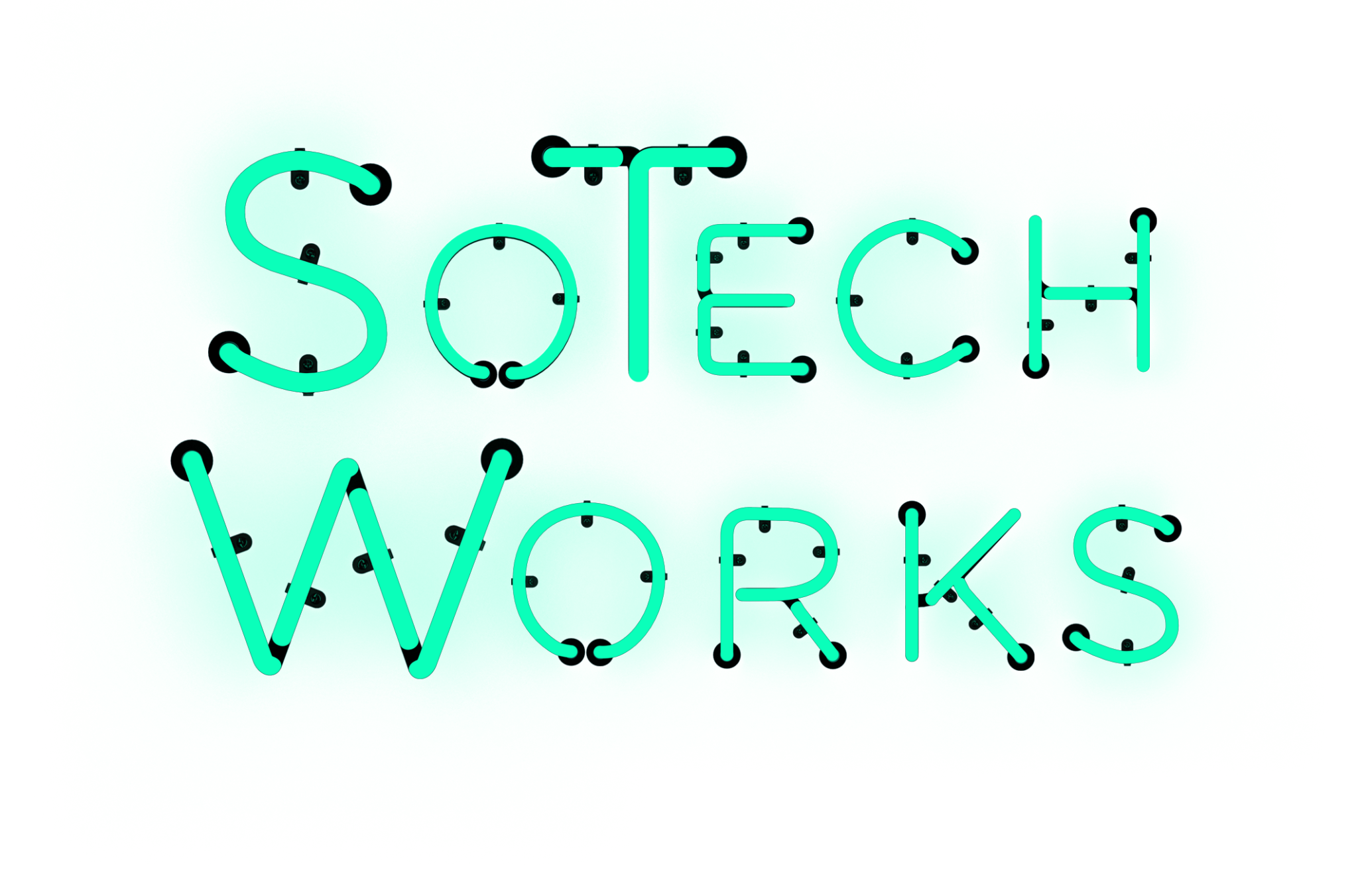Unlike humans, chimps don't sleep in their own fecal bacteria – CNET
Unlike humans, chimps don’t sleep in their own fecal bacteria
Chimpanzee nests are pretty clean compared with human beds.
Researcher Adriana Hernandez-Aguilar swabs a chimpanzee nest for microbes.
North Carolina State UniversityAs a species, we sure love to invest in various detergents and cleaners. But that doesn’t stop us from sleeping in our own weird mix of bacteria. Perhaps we should take a lesson from chimpanzees when it comes to sleeping arrangements.
Researchers at North Carolina State University compared the microbes and creepy-crawly organisms found in chimpanzee beds in Tanzania with samples collected from human beds and discovered the chimps keep things surprisingly clean.
“We know that human homes are effectively their own ecosystems, and human beds often contain a subset of the taxa — or types — of organisms found in the home,” says Megan Thoemmes, a Ph.D. student at North Carolina State University. She notes that “about 35 percent of bacteria in human beds stem from our own bodies, including fecal, oral and skin bacteria.”
That data about humans and their bacteria comes from a 2013 study on bacterial diversity found in homes, which found a lot of the same bacteria on both toilet seats and pillowcases.
The researchers collected swabs from 41 chimp beds and vacuumed up samples to look for insect and spider life at 15 of them.
The team found plenty of microbes, but there was a big difference between chimp beds and human beds when it came to fecal, oral and skin bacteria. “We found almost none of those microbes in the chimpanzee nests, which was a little surprising,” says Thoemmes.
The researchers published their findings this week in the Royal Society Open Science journal.
Chimpanzees typically use a bed for a single night, unlike people, who return to theirs again and again. “One explanation for such movement is that it decreases the ability of pathogens and pests to build up at a sleeping site and reduces the microbial odours associated with the individual that might attract predators,” the study notes.
May this study inspire you to launder your sheets and wash your hands extra hard before you go to bed tonight.
CNET Magazine: Check out a sample of the stories in CNET’s newsstand edition.
Rebooting the Reef: CNET dives deep into how tech can help save Australia’s Great Barrier Reef.




Be respectful, keep it clean and stay on topic. We delete comments that violate our policy, which we encourage you to read. Discussion threads can be closed at any time at our discretion.